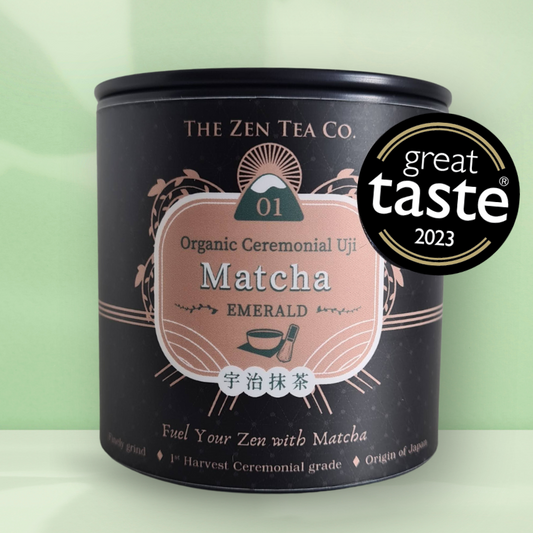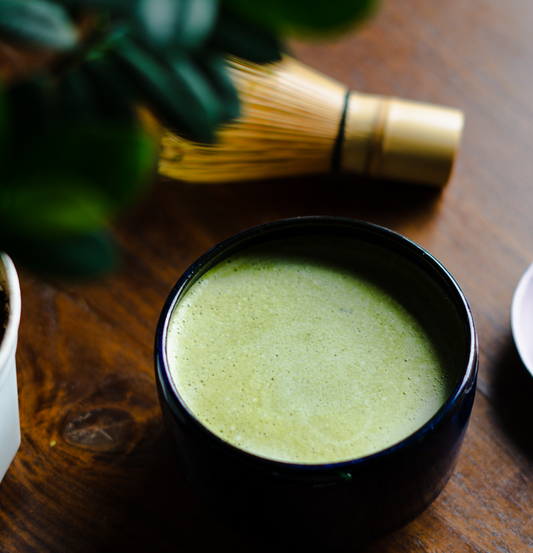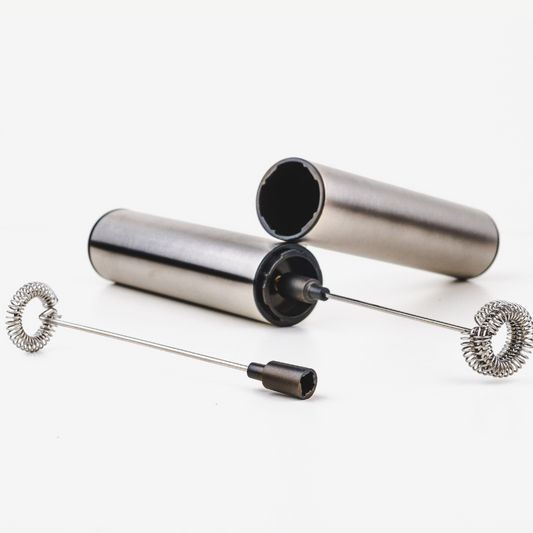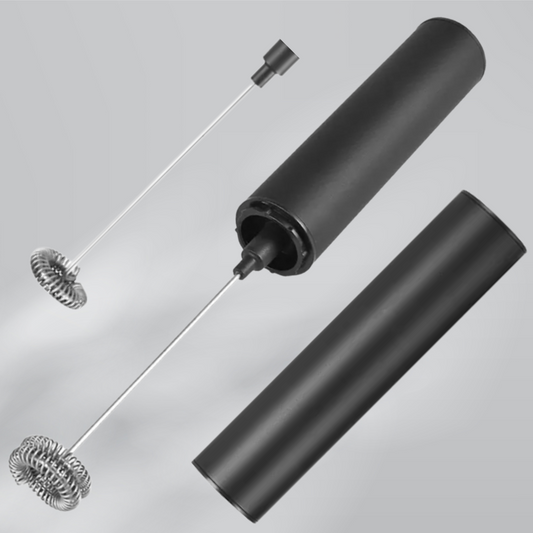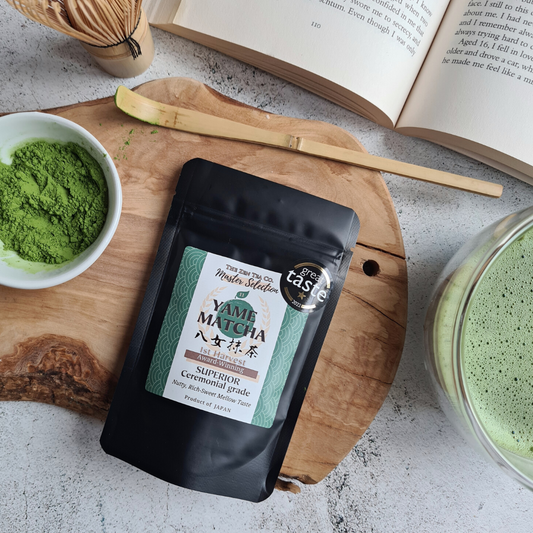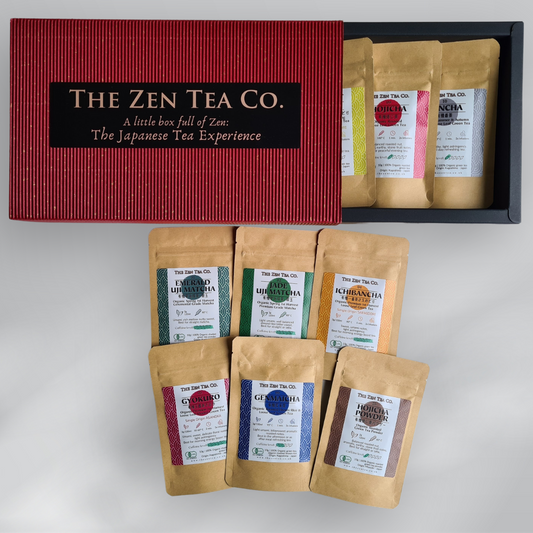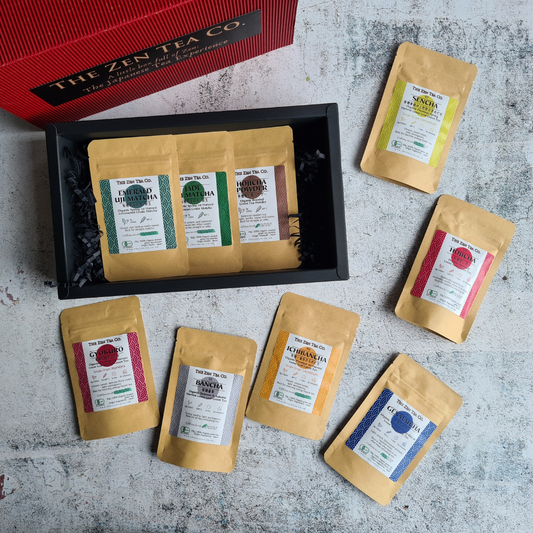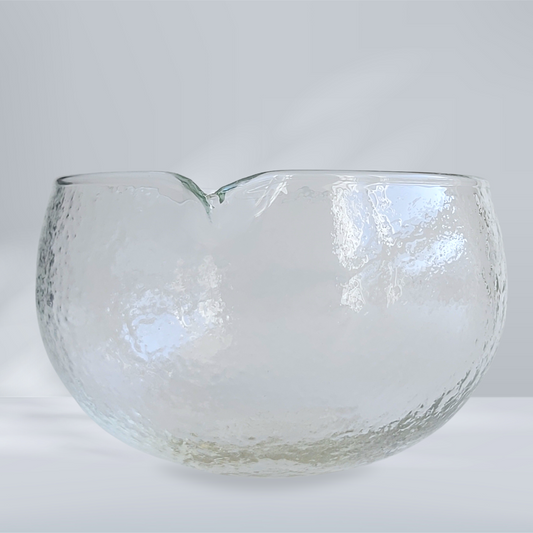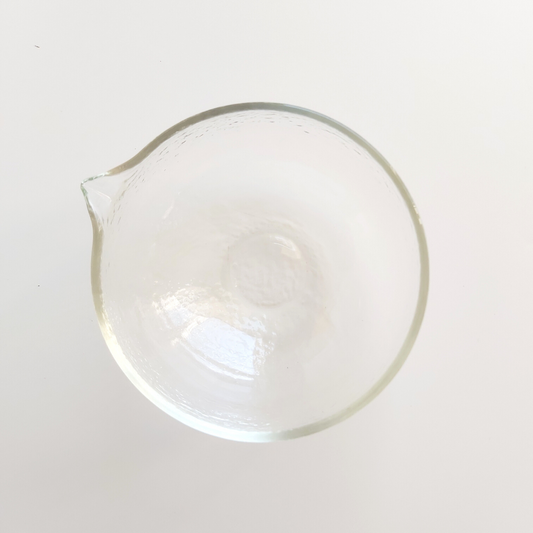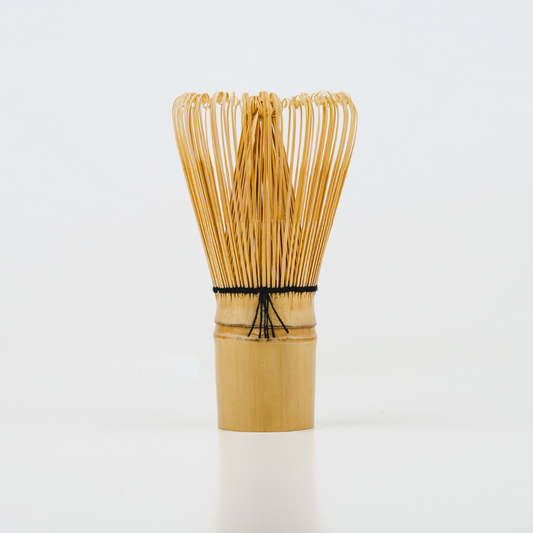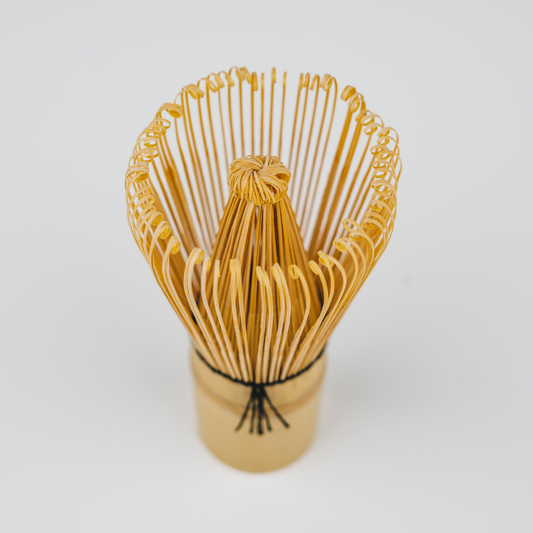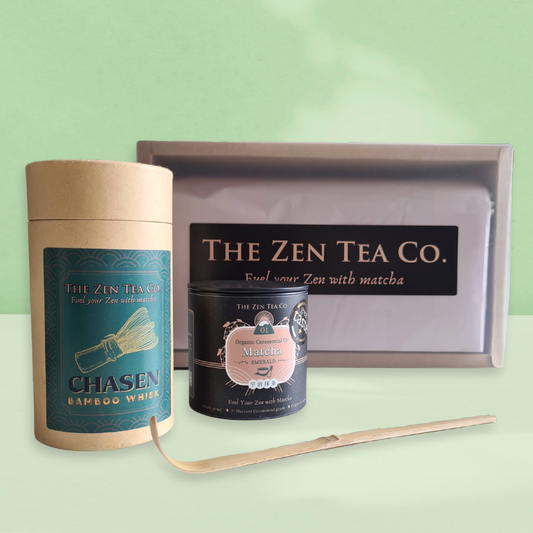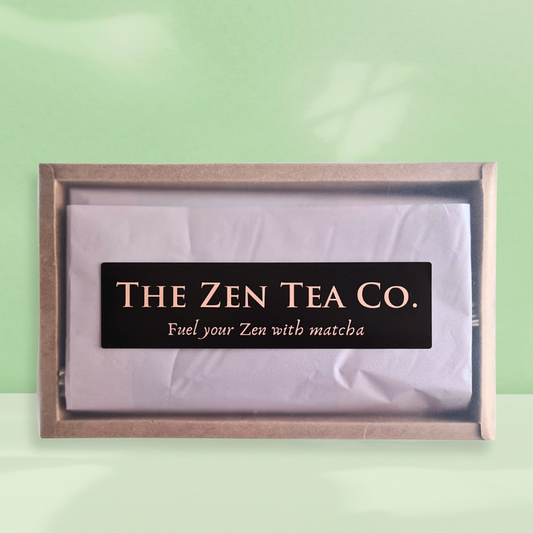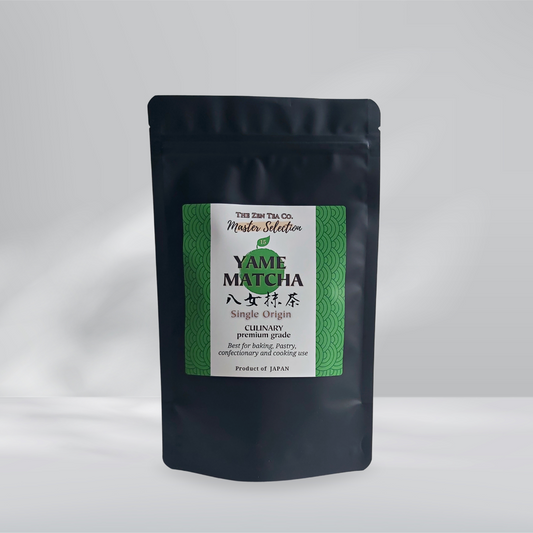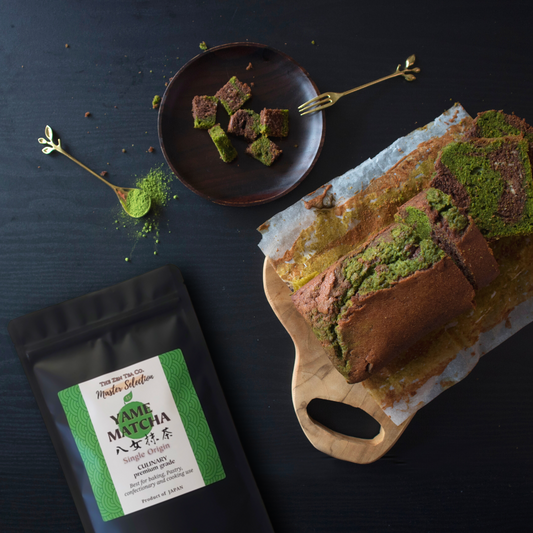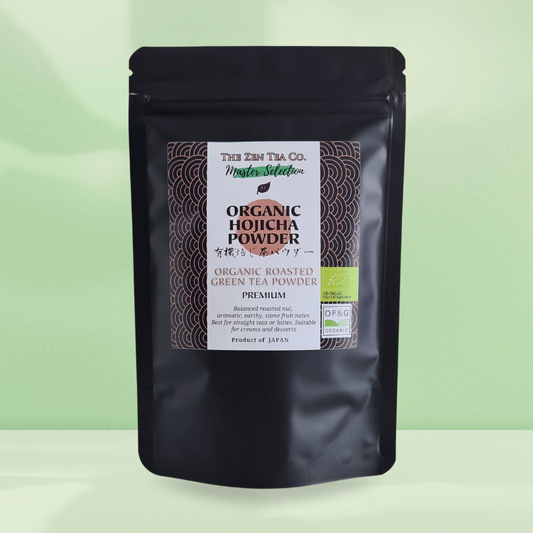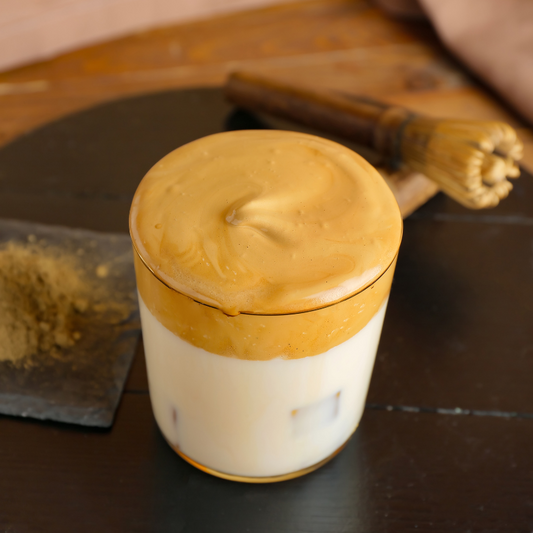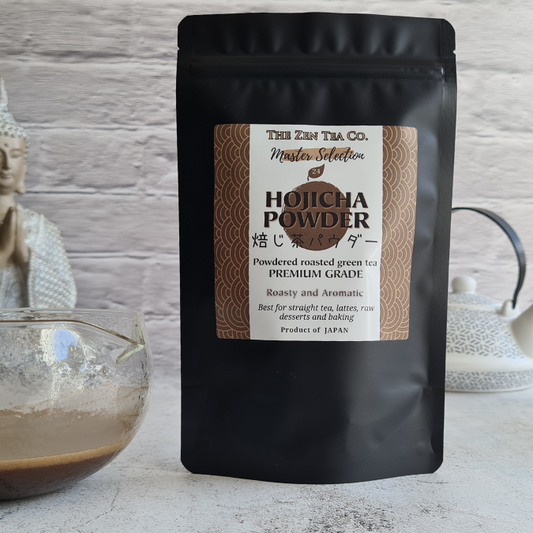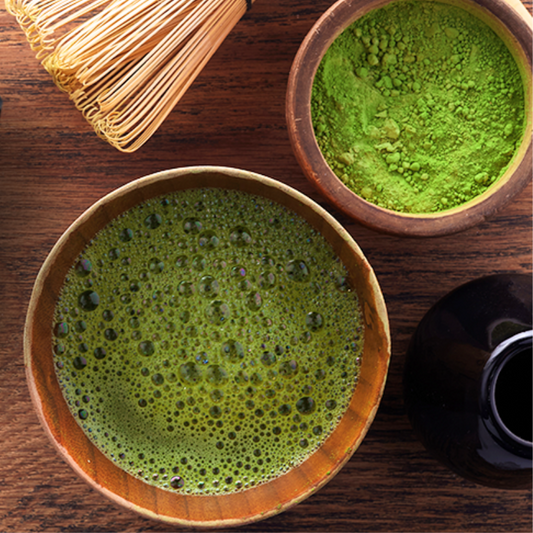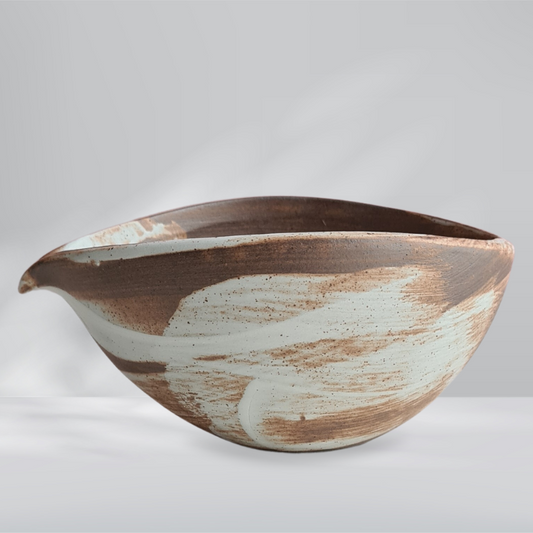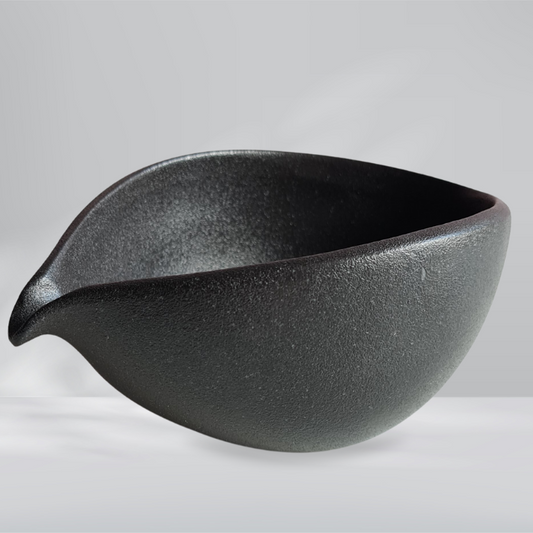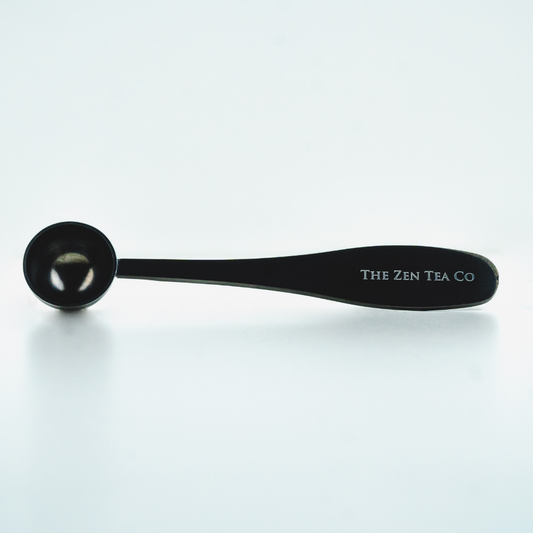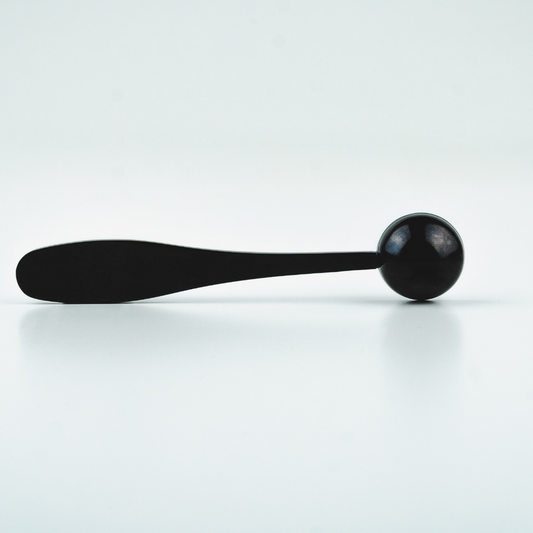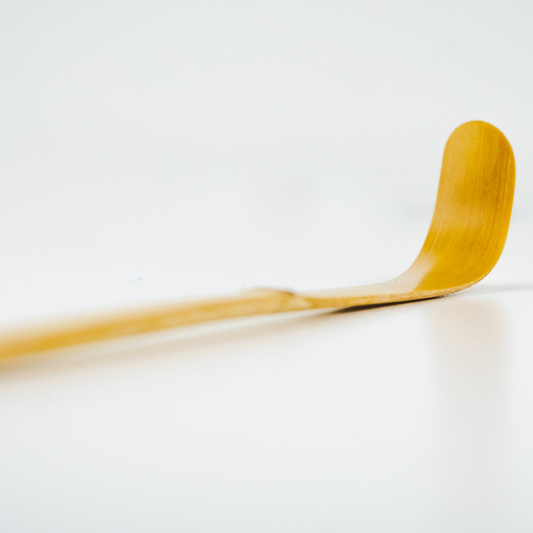Fuel your Zen with Matcha

Eisai, a Japanese Buddhist monk, has spent most of his life studying Buddhism in China, and in particular the principles of Chan, “zen”. In 1191, Eisai returned to Japan for good, bringing with him tea seeds as well as the Zen Buddhist methods of preparing powdered green tea.

Matcha was produced in extremely limited quantities and was a symbol of luxury . Matcha was considered a medicine and a meditation drink that provided energy and mental alertness for samurai and monks. Precious matcha has been for long time the preserve of the emperor, samurai and the Japanese elite.
The Japanese tea ceremony, a true art of living
 In the 15th century matcha started to be seen as a more spiritual pursuit, going hand in hand with the quest for simplicity. Simplicity was preached by the monk Murata Junko, founder of the Japanese tea ceremony as we know it today. It was one of his students, Rikyu, who defined the four principles of the Japanese tea ceremony:
In the 15th century matcha started to be seen as a more spiritual pursuit, going hand in hand with the quest for simplicity. Simplicity was preached by the monk Murata Junko, founder of the Japanese tea ceremony as we know it today. It was one of his students, Rikyu, who defined the four principles of the Japanese tea ceremony:Purity
Tranquillity

Since then the consumption of powdered green tea has been the basis of a pure lifestyle, Chado or "Sado" (the way of tea). The Chado is what is today called the green tea ceremony and is inspired by the rituals of Zen Buddhism. The tea ceremony is a true art of living in Japan and matcha is still at the heart of this ceremony today.
Shop
-
Organic Emerald Matcha Tea Powder - Ceremonial Grade Matcha from Uji
Regular price £38.00Regular priceUnit price / per£38.00Sale price £38.00 -
Energy whisk - USB electric frother
Regular price £23.50Regular priceUnit price / per£23.50Sale price £23.50 -
11 - Yame Matcha Award Winning - Ceremonial Matcha Tea
Regular price From £32.00Regular priceUnit price / per£0.00Sale price From £32.00 -
The Japanese tea experience box | Green tea discovery gift set
Regular price £39.00Regular priceUnit price / per£39.00Sale price £39.00 -
Matcha whisking bowl - glass bowl with serving spout
Regular price £29.00Regular priceUnit price / per£29.00Sale price £29.00 -
Matcha Bamboo Whisk - Japanese Chasen
Regular price £17.50Regular priceUnit price / per£17.50Sale price £17.50 -
Organic Emerald Matcha Tea Traditional Gift Set | Matcha starter kit
Regular price £50.00Regular priceUnit price / per£59.00Sale price £50.00Sold out -
15 - Yame Matcha - 80g Pouch Culinary Matcha Tea for Baking and Cooking
Regular price £21.00Regular priceUnit price / per£21.00Sale price £21.00Sold out -
25 - Organic Hojicha Powder - Premium Japanese Roasted Green Tea Powder
Regular price £21.00Regular priceUnit price / per£21.00Sale price £21.00 -
Hojicha Powder - Premium, 80g pouch Japanese Roasted Green Tea Powder
Regular price £19.00Regular priceUnit price / per£19.00Sale price £19.00 -
18 - Uji Matcha Intense Green - Matcha Tea for Lattes and Raw Desserts
Regular price £25.00Regular priceUnit price / per£25.00Sale price £25.00 -
Matcha whisking bowl - Ceramic bowl with serving spout
Regular price £31.00Regular priceUnit price / per£31.00Sale price £31.00Sold out -
Stainless steel matcha spoon
Regular price £6.00Regular priceUnit price / per£6.00Sale price £6.00 -
Matcha Bamboo Spoon - Traditional Japanese Chashaku
Regular price £6.00Regular priceUnit price / per£6.00Sale price £6.00 -
Organic Emerald Ceremonial Matcha Contemporary Gift Set | Matcha starting kit
Regular price £64.00Regular priceUnit price / per£64.00Sale price £64.00Sold out
More from the Blog
View all-
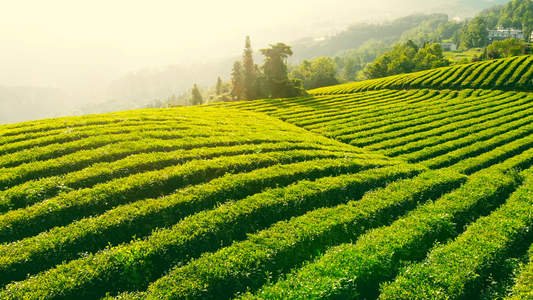
What’s Really Going On with Matcha Supply in Ja...
Matcha lovers, take note: Japan’s recent harvests have been smaller than usual, and the effects are starting to show. In this article, we explore what’s happening with matcha supply in...
What’s Really Going On with Matcha Supply in Ja...
Matcha lovers, take note: Japan’s recent harvests have been smaller than usual, and the effects are starting to show. In this article, we explore what’s happening with matcha supply in...
-

Matcha Face Mask: 3 recipes to make your own at...
Make your own Matcha face mask! Matcha is full of anti-oxidants and it has loads of antimicrobial properties, which not…
Matcha Face Mask: 3 recipes to make your own at...
Make your own Matcha face mask! Matcha is full of anti-oxidants and it has loads of antimicrobial properties, which not…
-

6 Matcha Party Recipe Ideas for St. Patrick's Day
Despite its vibrant green hue, matcha isn't just for sipping traditional Japanese tea. This finely milled green tea powder adds a striking colour and an invigorating flavour to all kinds...
6 Matcha Party Recipe Ideas for St. Patrick's Day
Despite its vibrant green hue, matcha isn't just for sipping traditional Japanese tea. This finely milled green tea powder adds a striking colour and an invigorating flavour to all kinds...
-
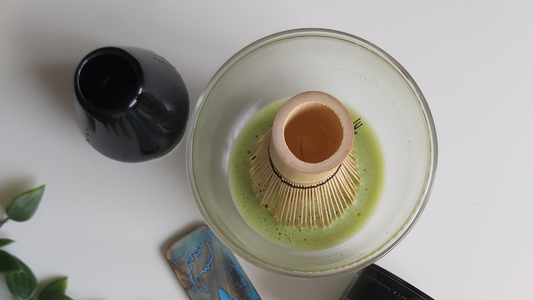
Chasen: the bamboo whisk to make your perfect M...
How can you elevate your matcha game? Simple! With a bamboo whisk In the world of tea, few experiences can match the serenity and beauty of the traditional Japanese matcha...
Chasen: the bamboo whisk to make your perfect M...
How can you elevate your matcha game? Simple! With a bamboo whisk In the world of tea, few experiences can match the serenity and beauty of the traditional Japanese matcha...

